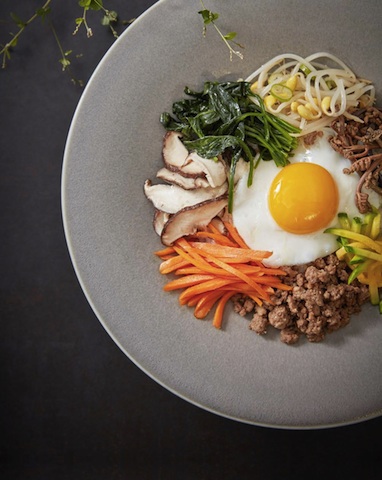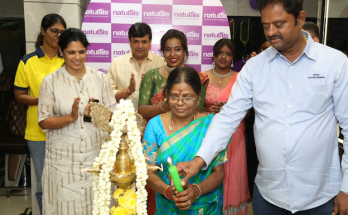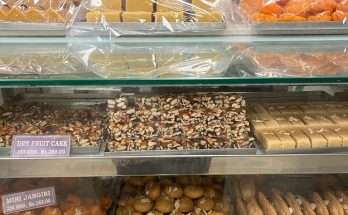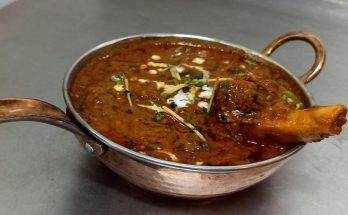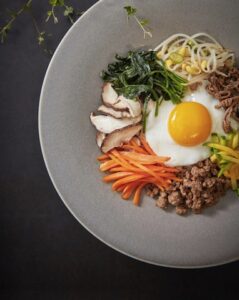 InKo Centre, in association, with Korea Tourism Organization, presents The Korean Culinary Series – Korean Cooking for Indian Homes – with recipes that can easily be made in Indian homes.
InKo Centre, in association, with Korea Tourism Organization, presents The Korean Culinary Series – Korean Cooking for Indian Homes – with recipes that can easily be made in Indian homes.
Korean traditional cuisine or Hansik represents the metaphysical view of Koreans – the theory of yin and yang (representing earth and heaven respectively) and the interaction between the two resulting in dynamic energies represented by the five elements that make up the universe (i.e., water, fire, wood, metal and earth).
The traditional Korean table consists of dishes of five colours, namely, green, red, yellow, white, and black, which represent the five elements and also the five tastes of spicy, sweet, sour, bitter, and salty. It is believed that a combination of dishes with these colours provides nutritional balance.
A good example is bibimbap, which is rice mixed with assorted vegetables of different colours, egg and gochujang (red pepper paste).
The main cooking techniques used by Koreans are grilling, boiling, pan-frying and steaming which do not use much so make the food healthy and easily digestible. The staple inclusions of cuisine Korean are Kimchi, Gochujang (Red Pepper Paste), Doenjang & Ganjang (Soybean Paste) (Soy Sauce).
Korean Cooking for Indian Homes, a booklet prepared by the Korea Tourism Organisation, is intended as a guide for people who may want to try cooking Korean food at home. The recipes included in this book have been slightly modified to suit the Indian palate and availability of ingredients.
All recipes included in this book have been sourced from www.hansik.org – managed by the Korea Food Promotion Institute, a public institution established with the purpose of promoting and globalizing Korean food.
In an episodic series, InKo introduces 10 recipes that could easily be prepared in Indian homes. Date: Wednesday, 23 December 2020 | Time: 6.00 p.m. IST
Click: https://www.youtube.com/InKoCentre
For more info call Gail Bosser at InKo at 24361224.
InKo Centre is a registered, non-profit society supported primarily by TVS Motor Company Limited and Hyundai Motor India Limited; the Korean Association in Chennai and a host of Indian and Korean companies based in Chennai. The Centre has worked consistently with key organizations in Korea and in India, with an aim to build long-term sustainable intercultural partnerships between the two countries.
No tags for this post.
